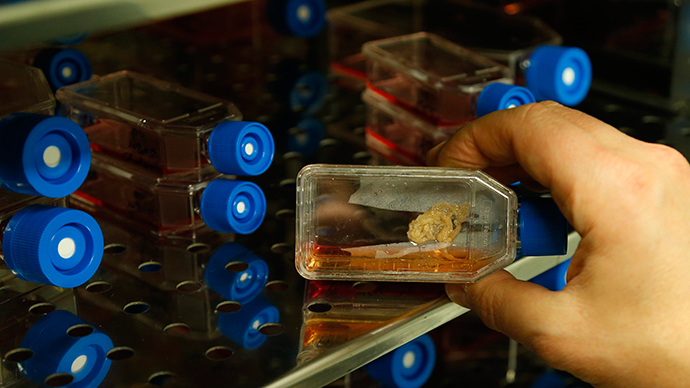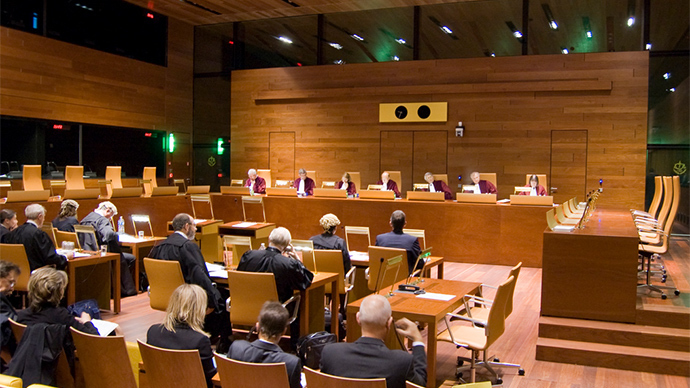EU top court clears path for stem cell patenting

The European Court of Justice has ruled that organisms incapable of developing into a human being can be patented. The ruling has been heralded by proponents as "a big step in the right direction" for stem cell research in the European Union.
Three years ago, the court had ruled that stem cell research involving human embryos could not be patented. In the latest ruling, however, the court decided that eggs which could not develop into a human being did not constitute a human embryo.
The ruling is likely to provide a boost to Europe’s biotech industry.
The matter was brought before the ECJ after a US firm, International Stem Cell Corporation, initiated a case in the UK.
READ MORE: World's first 3D-bioprinted transplant-ready organ to be unveiled in early 2015
The UK Intellectual Property Office had refused to grant the company two patents which used processes involving eggs which had been manipulated through parthenogenesis; a form of asexual reproduction whereby growth and development of embryos transpires without fertilization.
Based on prior EU precedent, the British patent office had refused to grant International Stem Cell Corporation the patents.

The ECJ, however, ruled that: "The mere fact that a parthenogenetically-activated human ovum commences a process of development is not sufficient for it to be regarded as a 'human embryo,'" Reuters cites the court as saying in its ruling.
The court said it was the purview of British courts to determine if the organisms used by the US-based company were capable of developing into human beings, adding this criteria should be used in any further decision.
READ MORE: Mass production of placenta stem cells gets FDA approval
Adam Cooke, a partner at law firm DLA Piper, which represented International Stem Cell, told Reuters the court's decision was "a big step in the right direction."
The firm says that parthenogenesis “promises to significantly advance the field of regenerative medicine by addressing the problem of immune-rejection.” It is believed they could be used to treat a range of conditions, from Metabolic Liver diseases to ischemic strokes.
Apart from the UK, the firm is also looking to patent materials at the European Patent Office.
The use of stem cells has long been controversial as research involves the creation use and destruction of human embryos. Scientists, in turn, have said that their research is ethically sound, as it uses stem cells obtained from surplus eggs.













